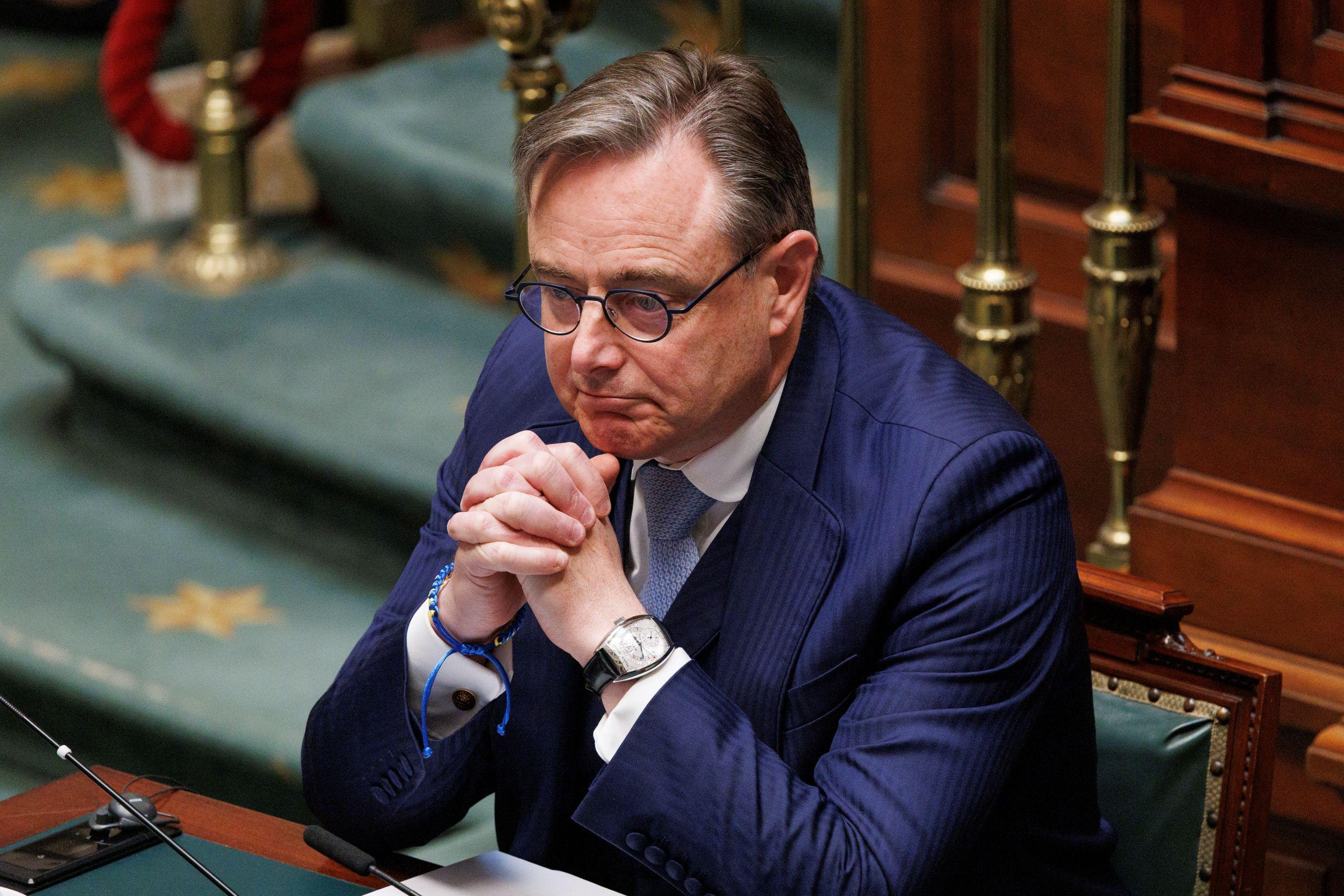'Easter agreement' promising record defence spending sparks political backlash

Belgium's federal government has announced a landmark increase in defence spending as part of its "Easter Agreement", which was finalised late on Friday night.
The deal, hailed by Defence minister Theo Francken as "the biggest investment in defence in 40 years", commits the country to meeting NATO's 2 per cent GDP defence spending target by the end of this year. However, opposition parties are not impressed.
To meet the NATO target, an additional 3.9 billion euros will be spent in 2025 alone, as part of a wider 21.3 billion euro package, including 16.8 billion secured through the new agreement. The money will come from taxes on frozen Russian assets held in Euroclear, dividends from public holdings and potential asset sales.

Speaking on Radio 1, Francken said Belgium was facing an "acute shortage" of ammunition, describing the current ammunition capacity as "terribly inadequate". He confirmed that a major ammunition order would be placed this year. Structural budget adjustments to support this investment are not expected until 2026.
Opposition parties expressed concern about the planned defence spending. Flemish liberals Open VLD criticised the funding as a short-term increase rather than a sustainable strategy. The far-right Vlaams Belang dismissed the deal as a "smokescreen" masking the failures of the previous coalition and questioned the transparency of this year's increase in the defence budget.
"There is supposedly no money for our people, but billions for war"
The left-wing parties were even more scathing. PVDA leader Raoul Hedebouw denounced the prioritisation of military spending over pensions, health and social security, saying: "There is supposedly no money for our people, but billions for war."
The Flemish green party Groen and the French-speaking socialists PS were also critical of other aspects of the agreement.
Groen condemned the lack of progress on taxing capital gains and criticised the government for taking jobseekers retraining as teachers off benefits despite a severe shortage of teachers. PS also rejected the deal, saying: "This is not an Easter present - just more work for less pay."
Prime minister Bart De Wever during a plenary session of the Chamber at the Federal Parliament in Brussels, 10 April 2025 © BELGA PHOTO NICOLAS MAETERLINCK